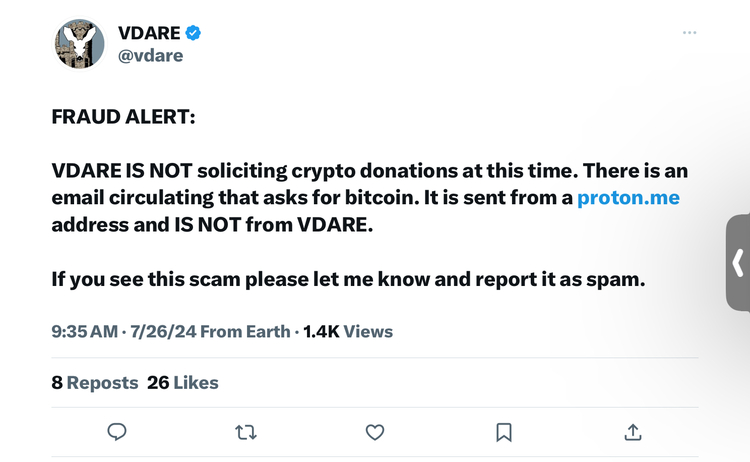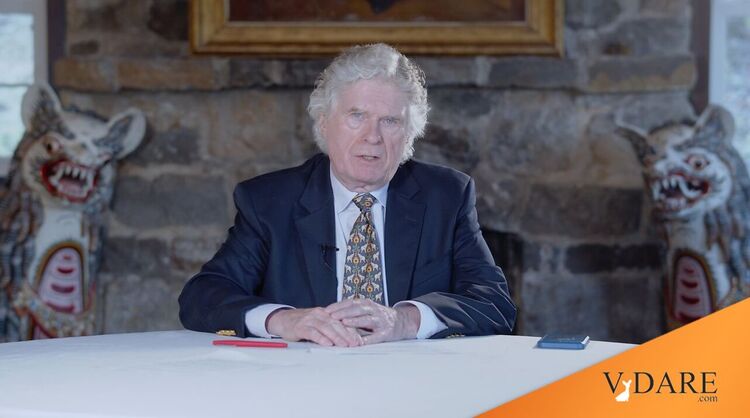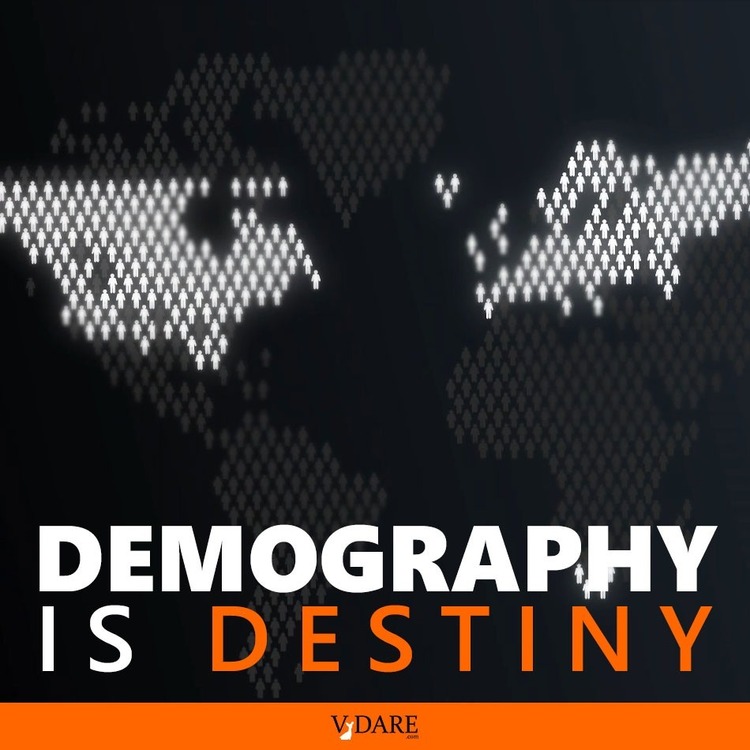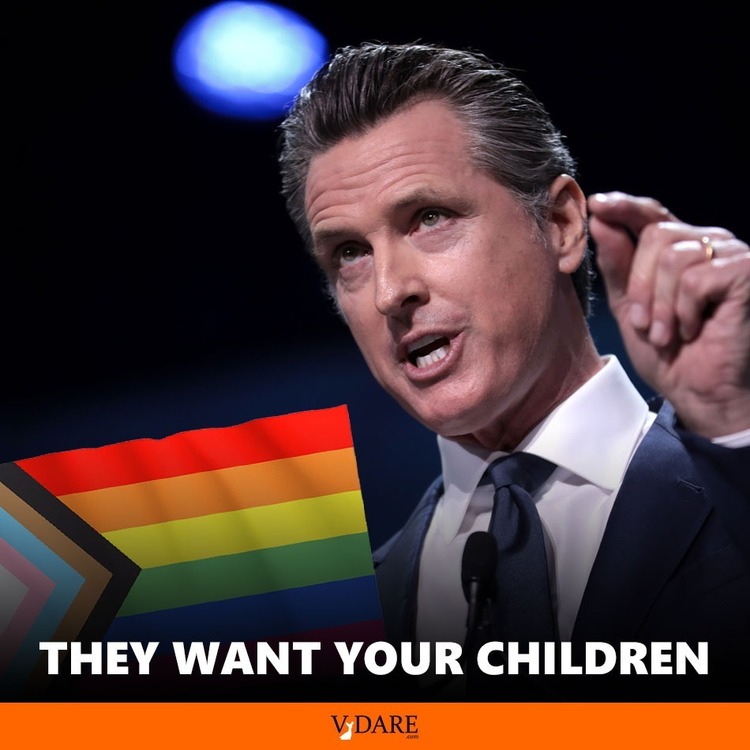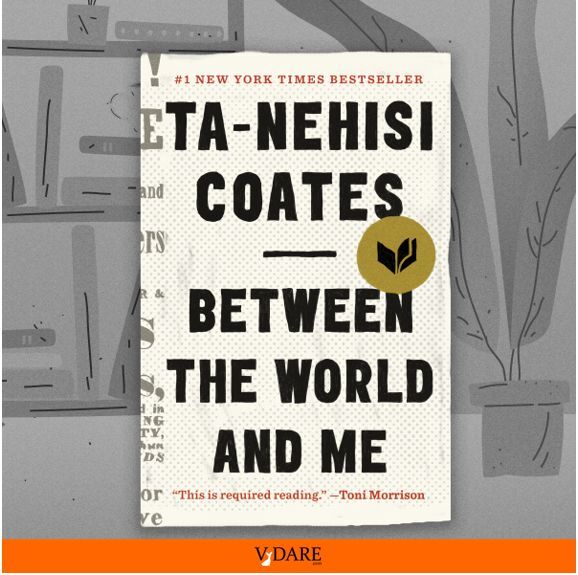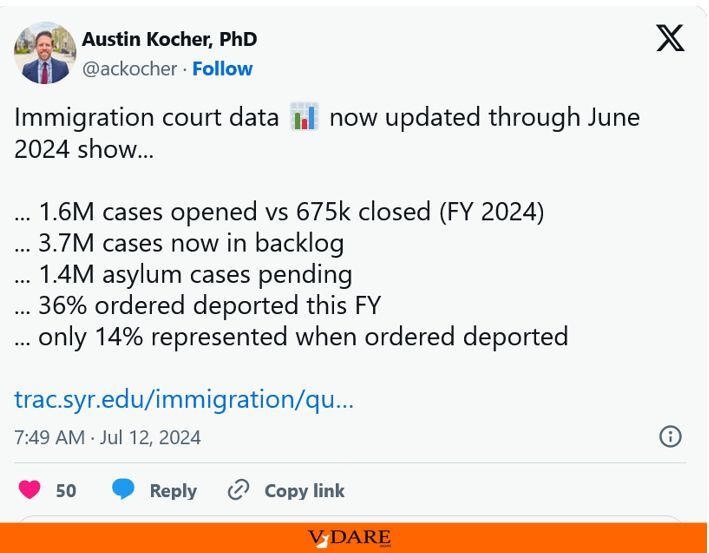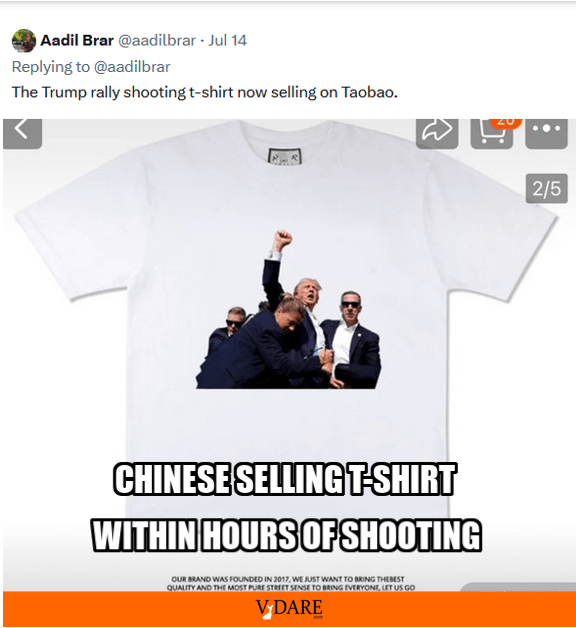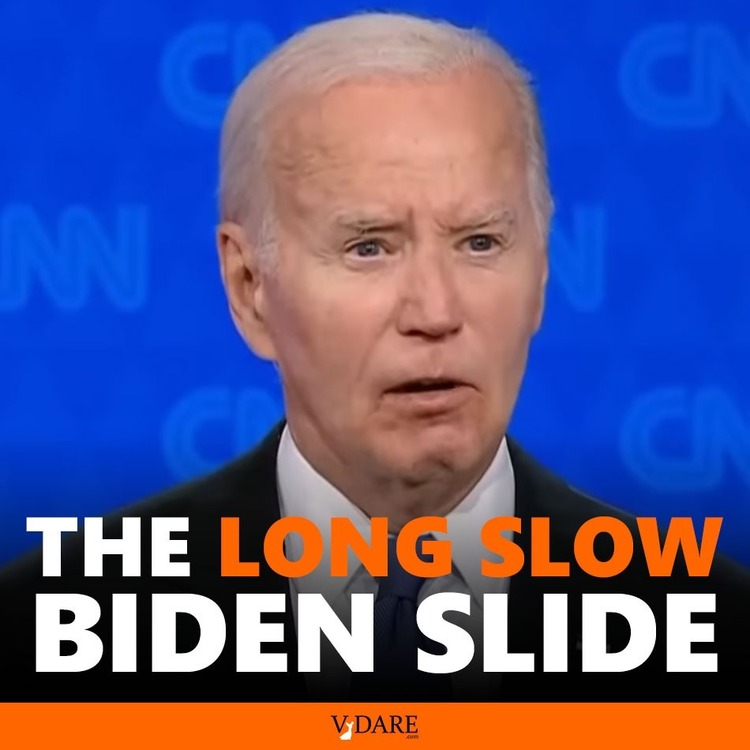From the NYT:
Murder Rates Jump in Many Major U.S. Cities, New Data ShowsUnfortunately, I can’t yet find this data online.By ERIC LICHTBLAU and GARDINER HARRIS MAY 13, 2016
WASHINGTON — More than 20 major cities, including Chicago, Dallas, Las Vegas and Los Angeles, have seen large increases in murders in recent months, a spike that the director of the F.B.I. linked to less aggressive policing stemming from a “viral video effect.”
The new data released Friday showed clashing trend lines across the country, with many cities seeing a sharp increase in murders while rates in others — including New York and Miami — were down significantly from last year.
After receiving an advance look at the data, the F.B.I. director, James B. Comey Jr., expressed alarm Wednesday about the spike in murders in some major cities. Reigniting the debate over a “Ferguson effect,” he told reporters that he believed the trend could be linked to a “viral video effect” because officers were being less aggressive for fear of ending up on videos.The Washington Post found an increase across the 50 biggest cities in homicides from 2014 to 2015 of over 16 percent. That’s a big change for one year. And that’s not including St. Louis (Greater Ferguson), which isn’t big enough to make the top 50.The White House distanced itself from Mr. Comey on the issue, named after Ferguson, Mo., where the 2014 shooting of an unarmed black man set off protests and rioting.
Josh Earnest, the White House spokesman, told reporters Thursday that “there still is no evidence to substantiate the claim that the increase in violent crime is related to an unwillingness of police officers to do their job.”
Mr. Earnest said the president saw a false choice in any notion that police officers must decide between fighting crime and doing so in a fair way.
The White House and the F.B.I. clashed over the issue last fall as well, when Mr. Comey made similar remarks about anecdotal reports he was receiving about less aggressive policing. He indicated that the latest data — which came from polling of more than 60 cities by the Major Cities Chiefs Police Association — left him even more concerned about some officers backing off from confronting suspects.
Another thing that might be going on is that the Mexican heroin dealers have started pushing smack in the big cities, stirring up the black gangs. Sam Quinones’s book Dreamland reported that about a half decade ago, Mexican heroin dealers were concentrating on selling heroin in white rural areas because nobody important in America much cares about white hillbillies quietly dying of overdoses (you’ll notice that nobody talked about the White Death in the media until the new Nobel Economics laureate Angus Deaton brought it up right after he won his award). But, according to Quinones, back then Mexican heroin retailers considered African Americans to be hotheaded and violent and thus to be avoided.
But that kind of prudence among foreign drug dealers can seldom last, and now Mexican heroin is spreading to black ghettos, with predictable results in terms of blacks shooting blacks:
From the NYT last month:
Crime Spike in St. Louis Traced to Cheap Heroin and Mexican Cartels By TIMOTHY WILLIAMS APRIL 2, 2016
… The death of Ms. Walker was linked by the authorities to a violent St. Louis street gang with ties to a Mexican drug cartel that in the past has supplied marijuana and cocaine throughout the Midwest. In recent years, however, Mexican traffickers have inundated the St. Louis area with a new, potent form of heroin, drastically reducing prices for the drug and increasing its strength to attract suburban users.Ferguson started in August 2014 and impacted policing across the St. Louis area.The dispersal of the cheap heroin has led to a surge in overdoses, addiction and violence in cities across the country.
Besides St. Louis — where the problem is particularly acute — Chicago, Baltimore, Milwaukee and Philadelphia have attributed recent spikes in homicides in part to an increase in the trafficking of low-cost heroin by Mexican cartels working with local gangs.
“The gangs have to have a lot of customers because the heroin is so cheap,” said Gary Tuggle, the Drug Enforcement Administration’s chief in Philadelphia, who observed the same phenomenon while overseeing the agency’s Baltimore office. ”What we are seeing is these crews becoming more violent as they look to expand their turf.” …
In a trend mimicked in large cities nationally, many of the heroin consumers in St. Louis are young whites in their 20s, who drive into the city from suburbs and distant rural areas, the police say. And while most heroin overdose victims here are white, nearly all of the shooting victims and suspects in St. Louis this year have been African-American men and boys, police data shows.
“What I’m seeing at street level are violent disputes about money owed around heroin debts, with sometimes the dispute being about money, and sometimes about drugs,” said D. Samuel Dotson III, the police chief of St. Louis.
In 2014, St. Louis had the highest homicide rate of any city with more than 100,000 people.
Its 157 homicides that year increased by 18 percent in 2015 to 188, and while the rate has slowed in the initial months of this year, St. Louis is again on pace to be among the nation’s most dangerous big cities.


